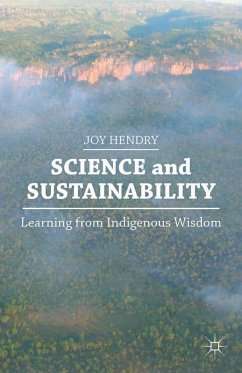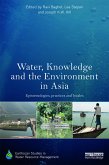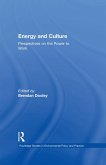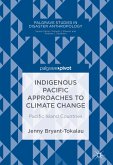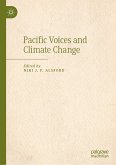Dieser Download kann aus rechtlichen Gründen nur mit Rechnungsadresse in A, B, BG, CY, CZ, D, DK, EW, E, FIN, F, GR, HR, H, IRL, I, LT, L, LR, M, NL, PL, P, R, S, SLO, SK ausgeliefert werden.
"Knowing how culture embraces change is crucial for dealing with current and future environmental problems. Science and Sustainability does reinforce the fact that solving the world's ecological challenges requires more cooperative approaches, with the likelihood that certain sections of the community, particularly indigenous peoples, are likely to fare worse in the world to come." - Times Higher Education

